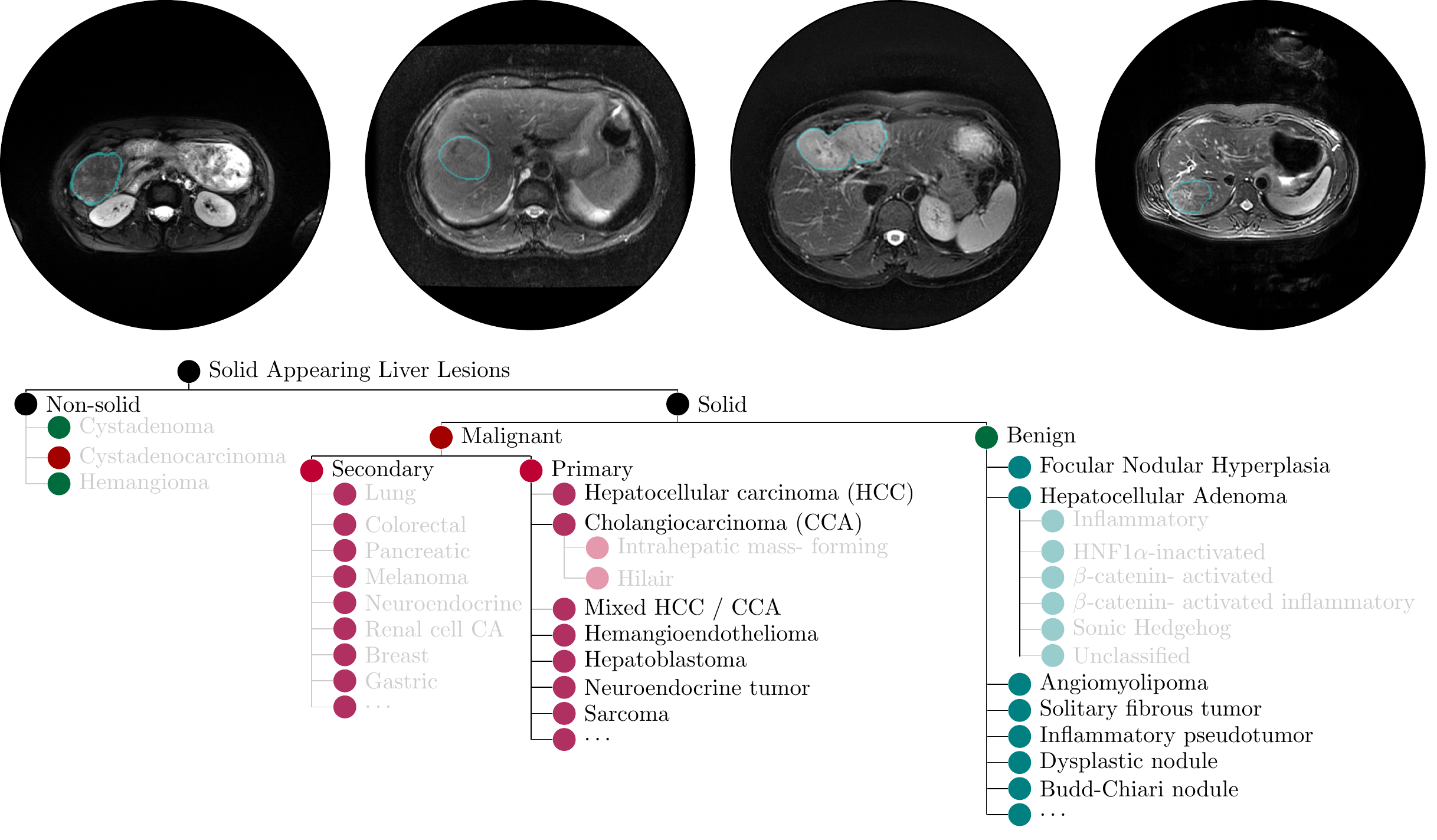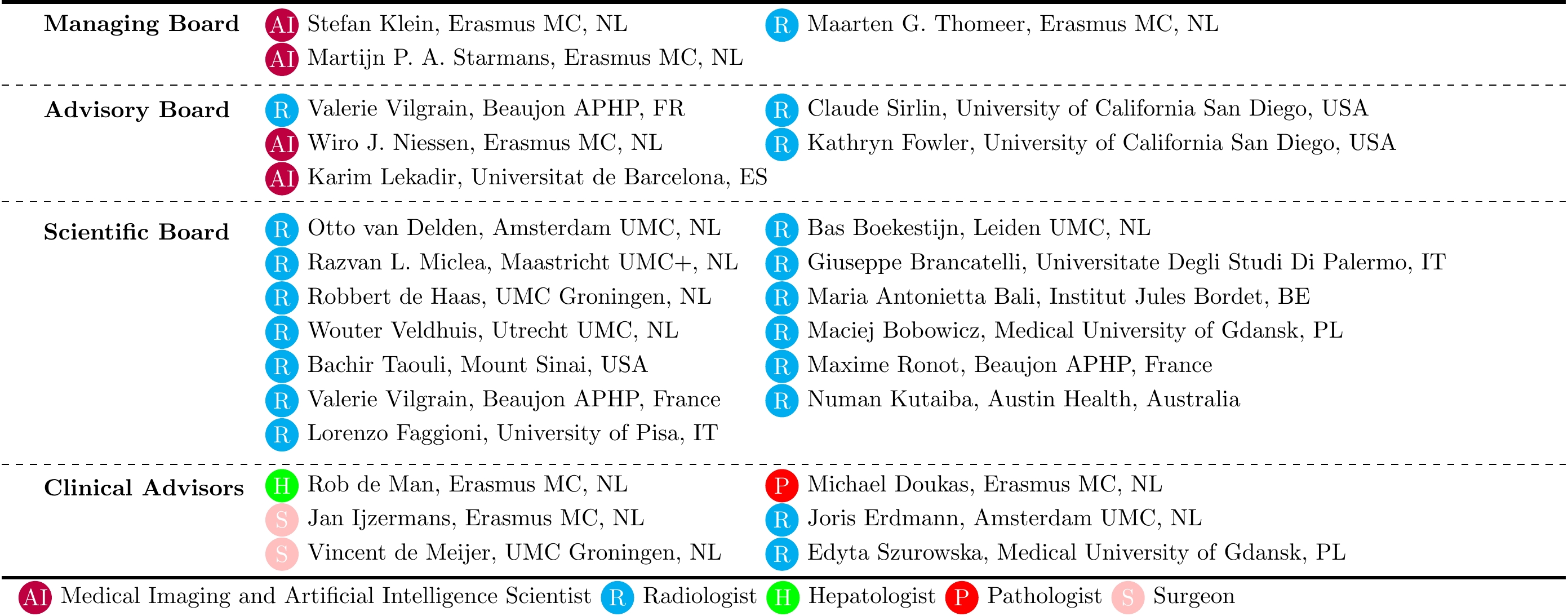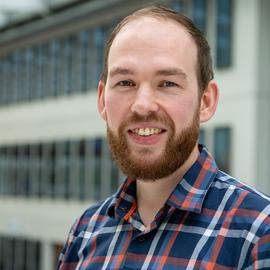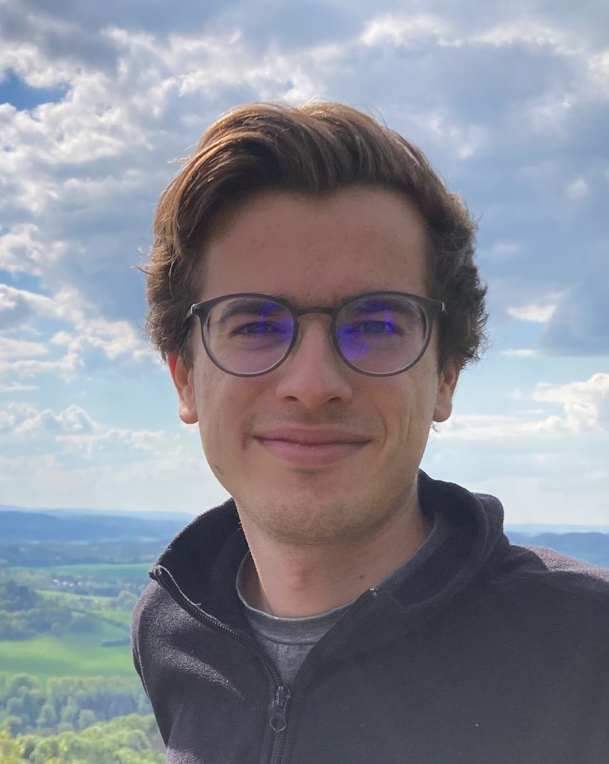About the research topic
Differential diagnosis of solid appearing liver lesions (groups of abnormal cells in the liver, either malignant or benign) based on magnetic resonance imaging (MRI) is one of the most important challenges for abdominal radiologists. Based on their interpretation, patients are referred back with no need for follow-up or they may undergo further analysis with subsequent treatments including surgery or chemotherapy. In current practice, the differential diagnosis of liver lesions is based on subjective and qualitative assessment, relying vastly on the experience of the local radiologist. More objective and quantitative approaches are therefore urgently needed.

Recently, major advances were made in machine learning methods for automatic quantification of medical images. To develop such methods for liver lesion diagnosis, large collections of clinically representative MRI data with ground truth labels are needed for model training and validation. Such datasets are currently not available, and as a result there is little progress in the development of machine learning methods for liver lesion diagnosis.
To address this, we have initiated the Liver Artificial Intelligence (LAI) consortium, consisting of leading abdominal radiologists in the field of liver imaging from 14 medical centers worldwide, and scientists in the field of image analysis and machine learning.


The mission of the LAI consortium is to fast-forward the development, validation, and implementation of machine learning methods that could support MRI-based diagnosis of liver lesions. In the current project proposal, we define three key objectives that contribute to this mission:
- to create a benchmark MRI data collection, aiming at 3000+ scans with corresponding ground truth labels, accessible to researchers worldwide
- to develop AI models for comprehensive MRI-based liver lesion phenotyping through automated machine learning (AutoML)
- to rigorously validate the models in increasingly realistic clinical settings.
Initiators of the LAI consortium are BIGR members Stefan Klein and Martijn Starmans, and abdominal radiologist Maarten Thomeer (Erasmus MC).
Funding: This project funded by an NWO Open Technology Program (OTP) grant is a first action of the LAI consortium towards the introduction of artificial intelligence into the clinic, to support the diagnosis of liver lesions and thereby improve treatment decisions for the individual patient.




